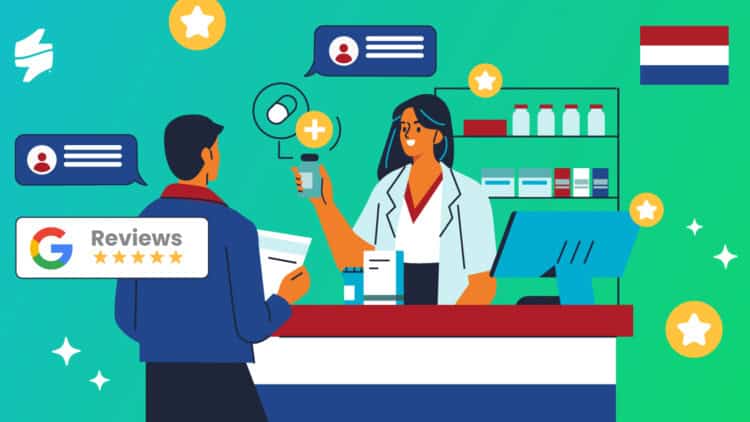Pharmacists play a crucial role in the healthcare system, ensuring the safe and effective use of medications. However, recent studies have shown a decline in pharmacist job satisfaction, which can have detrimental effects on patient care and overall pharmacy chain performance.
In this article, we will explore three effective strategies to motivate pharmacists and enhance their job satisfaction. By implementing these strategies, pharmacies can improve pharmacist retention rates, enhance patient outcomes, and ultimately increase revenue.
1. Foster a Positive Work Environment
Creating a positive work environment is essential for promoting pharmacist job satisfaction. This can be achieved through various measures, including effective communication, teamwork, and recognition programs.
Effective Communication
Open and transparent communication channels are vital for fostering a positive work environment. Regular team meetings, where pharmacists can voice their concerns, share ideas, and receive feedback, can help create a sense of belonging and involvement.
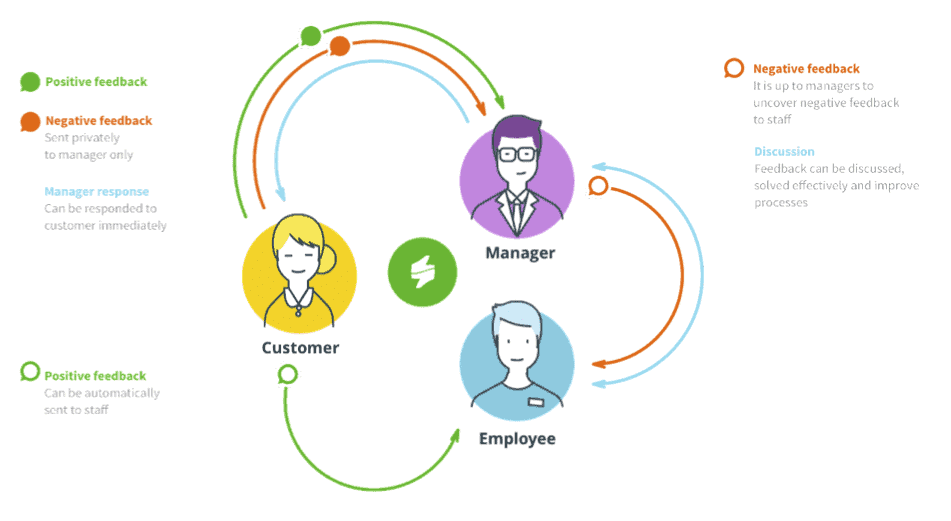
Our employee experience platform enhances communication between pharmacists and managers through its Internal Discussion feature. This feature allows for seamless and efficient communication between the two parties. When an employee receives positive customer feedback, their manager can directly praise them in a chat thread associated with the positive customer rating. On the other hand, if the employee receives negative feedback, the manager can initiate an internal dialogue to address and resolve the issue.
Teamwork
Encouraging teamwork and collaboration among pharmacists can significantly impact job satisfaction. By fostering a culture of support and cooperation, pharmacists can feel valued and appreciated. Implementing cross-training programs or team-based projects can also provide opportunities for professional growth and development.
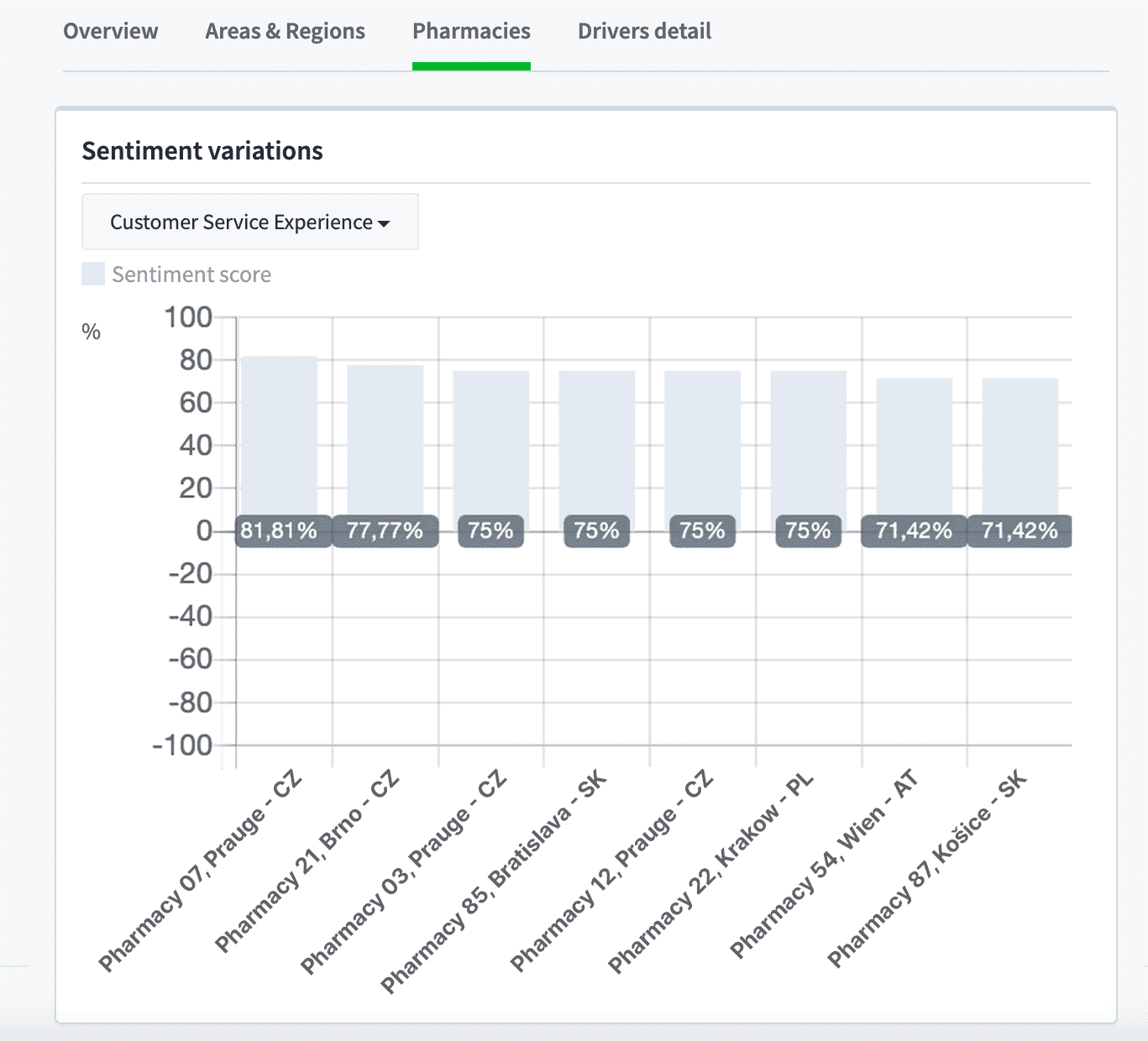
We also highly recommend analysing customer feedback verbatims to identify the key factors driving satisfaction and facilitating the exchange of best practices among pharmacies and pharmacists. This approach allows pharmacists to learn from each other and have a clear understanding of their responsibilities, eliminating the need for guesswork and enabling them to focus on their jobs effectively.
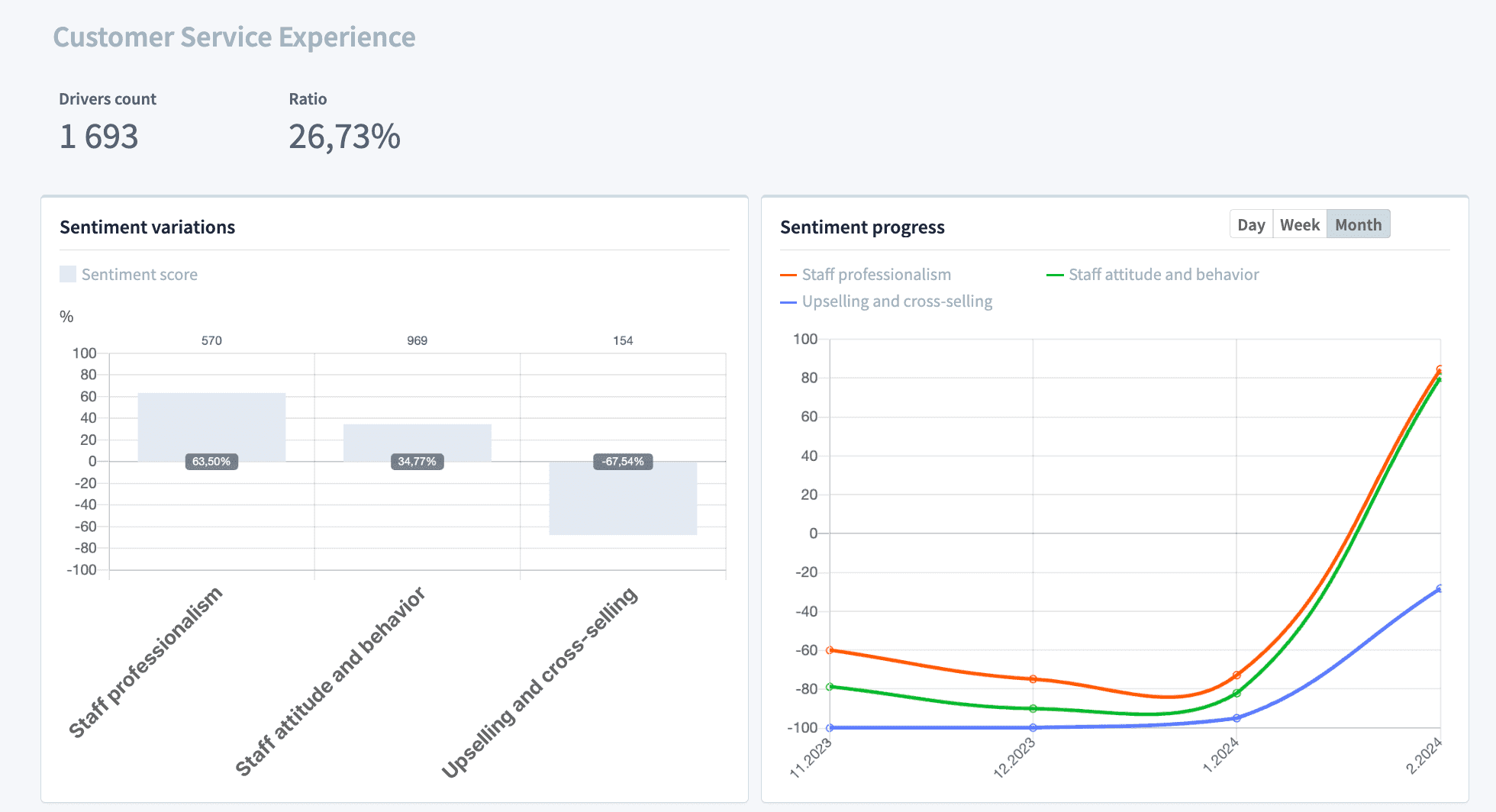
Recognition Programs
Recognising and appreciating pharmacists’ efforts and achievements is crucial for enhancing job satisfaction. Implementing a formal employee recognition program, where pharmacists are acknowledged for their contributions, can dramatically boost pharmacists’ motivation and morale. This can be done through virtual awards, bonuses, or public recognition within the pharmacy and healthcare community.

The impact of recognition on pharmacists’ motivation can be clearly seen in our case study on Dr.Max Pharmacy Chain, the second-largest pharmacy network in Europe. In a remarkable span of only 2 years since implementing the Staffino employee recognition program, they achieved a remarkable reduction in the inconsistency of customer service quality among individual pharmacists within their network.
2. Fair Wages and Opportunities for Professional Growth
Pharmacists, just like any other professionals, should be given fair compensation as a top priority. Furthermore, they excel when they are provided with avenues for personal and professional growth. By not only investing in their salaries but also supporting their professional development, pharmacies can not only inspire pharmacists but also improve pharmacy customer service.
Fair Compensation
Through our collaboration with different pharmacies, we have observed that employees who are not adequately paid lack the motivation to deliver exceptional customer service, which ultimately hampers the success of the business. In addition, the issue of low salaries in numerous countries serves as a demotivating factor for pharmacists to pursue employment in this field, resulting in a scarcity of highly qualified professionals within the job market.
The pharmaceutical labour market is limited due to the specialised education required for these positions. In major cities, pharmacies struggle with a high volume of customers and difficulties in hiring staff quickly and efficiently. Offering more competitive salaries to retail employees can attract more qualified professionals and help alleviate the understaffing issue.
Ján Gabauer, Professional CX Consultant
Career Advancement
Creating a clear career advancement pathway is essential for motivating pharmacists. Establishing performance-based promotions, mentoring programs, and succession planning can provide pharmacists with a sense of direction and purpose. Regular performance evaluations and feedback sessions can also help identify areas for improvement and set goals for professional growth.
Continuing Education
Providing access to continuing education programs and opportunities for professional development can greatly impact pharmacist job satisfaction. Pharmacists should be encouraged to attend conferences, workshops, and seminars to stay updated with the latest advancements in the field. Offering financial support or study leave for pursuing higher education or specialised certifications can also demonstrate a commitment to their growth.
3. Work-Life Balance and Well-being
Pharmacists often face high levels of stress and pressure due to the demanding nature of their jobs. Prioritising work-life balance and promoting well-being can significantly impact pharmacist job satisfaction.
Flexible Scheduling
Offering flexible work schedules can help pharmacists maintain a healthy work-life balance. This can include options for part-time work and job sharing. By accommodating individual needs and preferences, pharmacies can reduce burnout and enhance job satisfaction.
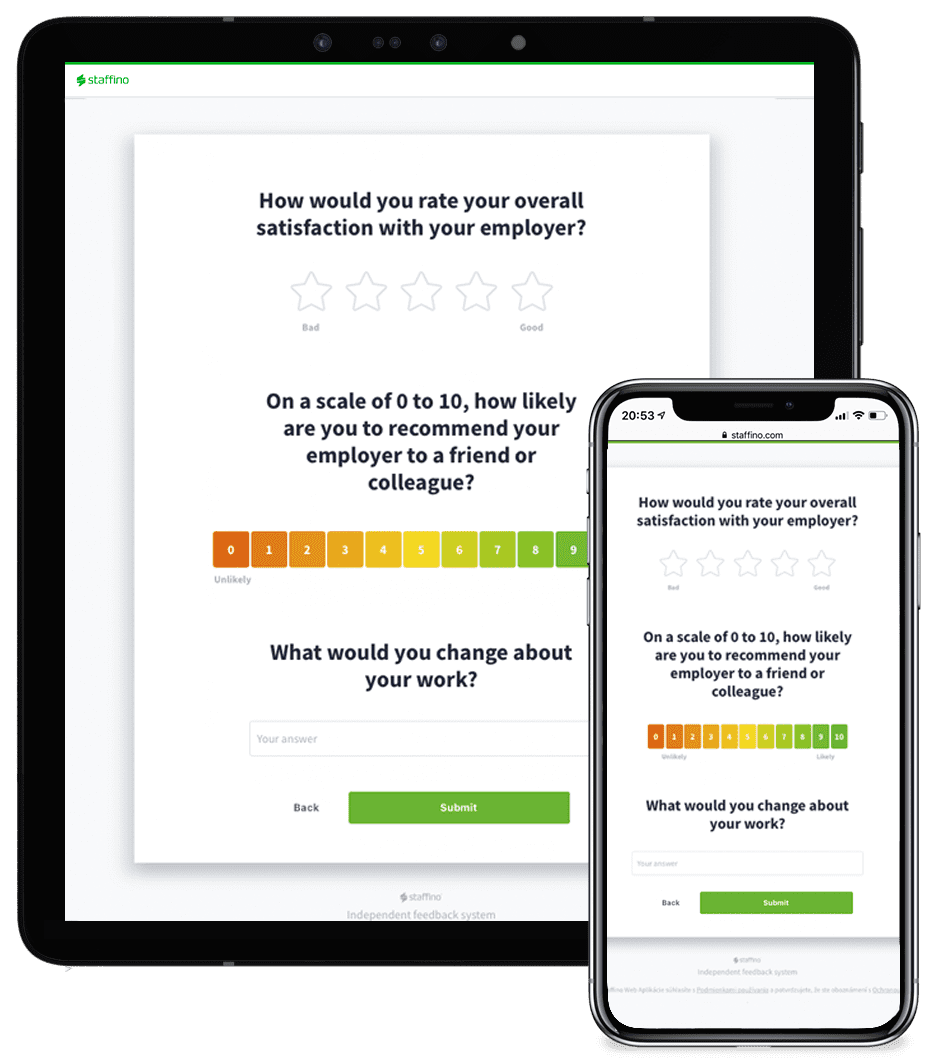
Employee satisfaction surveys are a crucial tool in identifying burnout and recognising employees who may need a break. By addressing employees’ concerns early on, pharmacies can take proactive measures to prevent burnout and support the well-being of their employees.
Employee Assistance Programs
Providing access to employee assistance programs can support pharmacists’ mental and emotional well-being. These programs can offer counselling services, stress management techniques, and resources for dealing with work-related challenges. Pharmacies should also promote a culture of self-care and encourage pharmacists to take breaks and engage in activities that promote well-being.
Conclusion
Motivating pharmacists and enhancing their job satisfaction is crucial for the success of pharmacies and the overall healthcare system. Implementing the above strategies not only benefits pharmacists but also enhances patient care, improves pharmacy performance, and ultimately increases revenue. Investing in pharmacist job satisfaction is a win-win situation for all stakeholders involved.

Give Your Employees the Recognition and Motivation They Deserve
Does your team need a little extra motivation? Our platform provides powerful insights into your team’s performance and various recognition tools that help ensure everyone feels appreciated.




